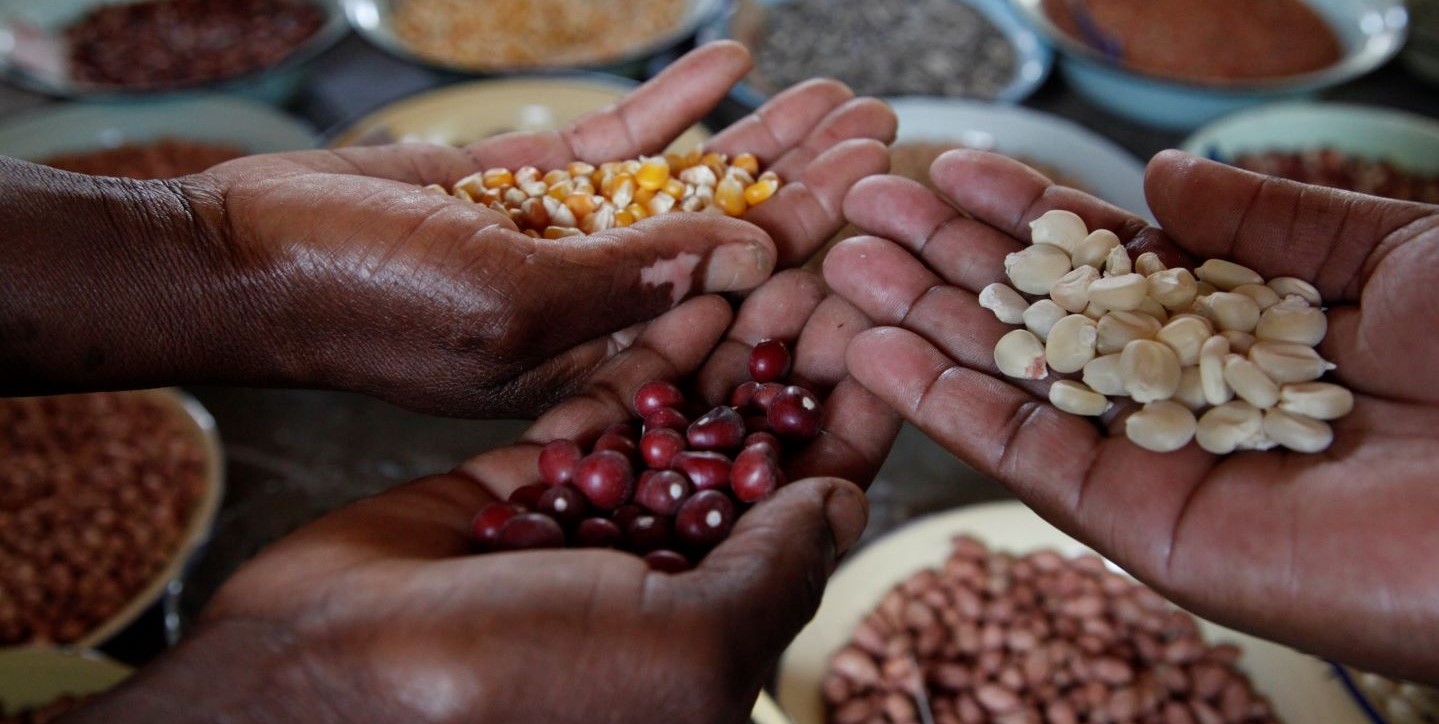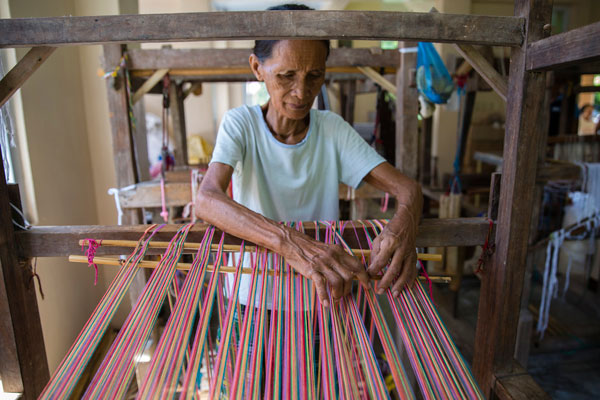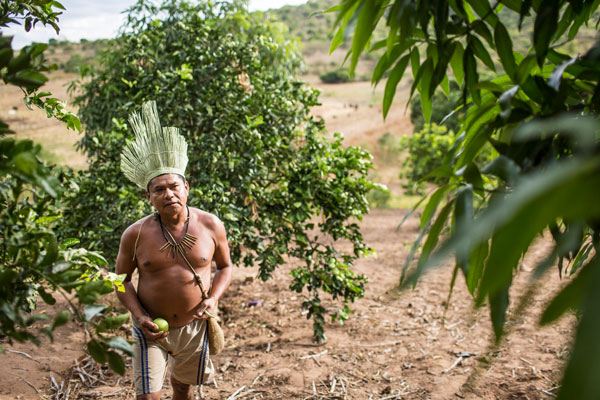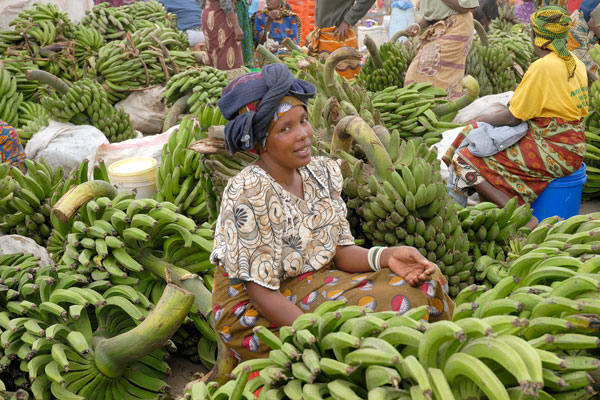Indigenous Peoples
Indigenous - banner
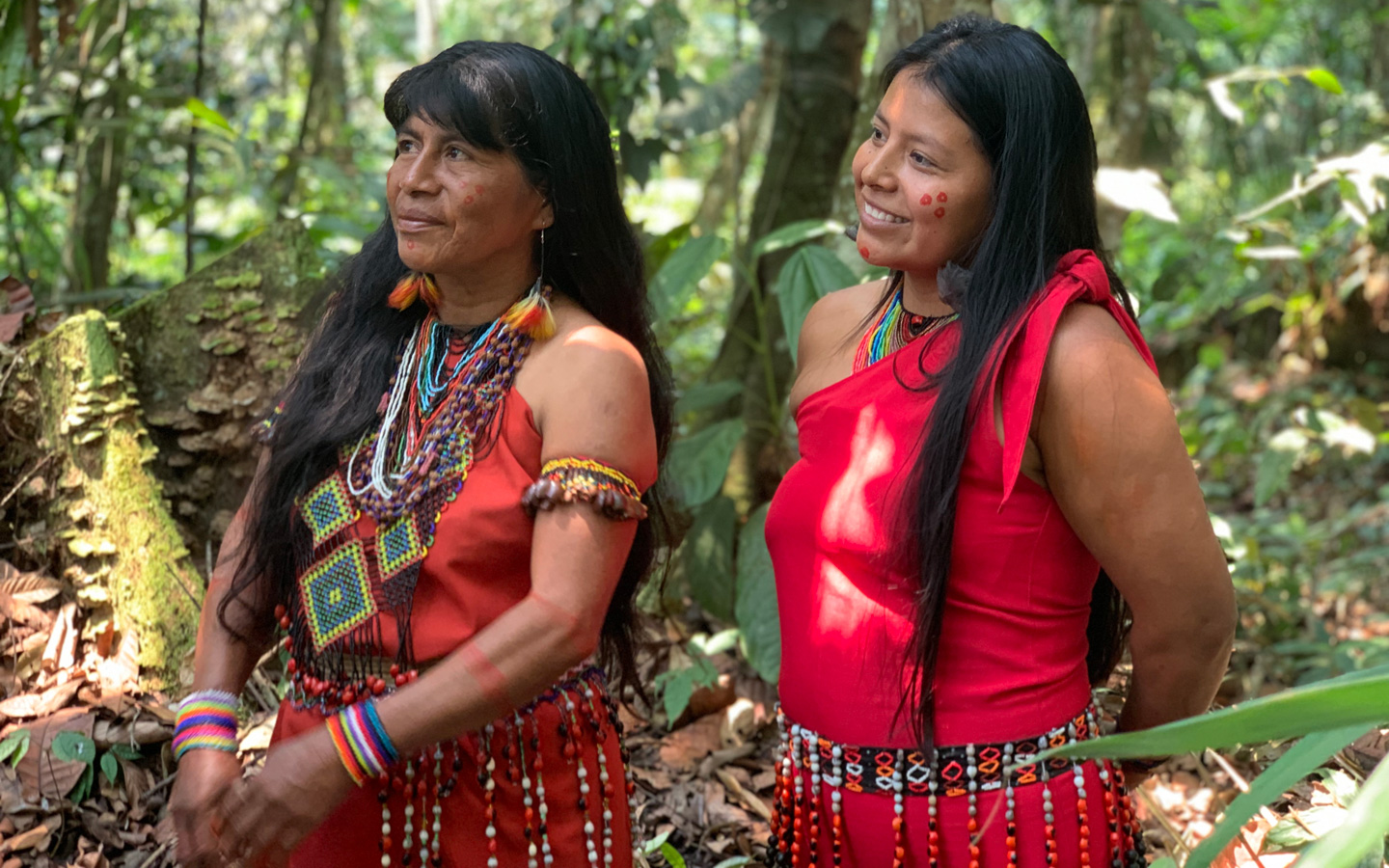
Indigenous Peoples
Indigenous Peoples
It is estimated that there are more than 476 million self-identified indigenous people in some 90 countries around the world. But, far too often, they continue to face discrimination and their voices continue to go unheard.
Indigenous peoples have been dispossessed of their lands, territories and resources over centuries and, as a result, have often lost control over their way of life. Worldwide, they account for 6 per cent of the population, but represent more than 18 per cent of those living in extreme poverty.
Invaluable knowledge for a changing planet
Indigenous peoples have a special role to play in the conservation and sustainable management of natural resources. Their in-depth, varied, and locally rooted knowledge can help the world adapt to and mitigate the consequences of climate change.
Indigenous peoples have unique food systems anchored in sustainable livelihood practices, which are adapted to the specific ecosystems of their territories.
Indigenous women, in particular, are full of untapped potential as stewards of natural resources and biodiversity. They are guardians of cultural diversity and peace brokers in conflict resolution.
At a community level and on the world stage
In line with the Sustainable Development Goals, the UN’s pledge to “leave no one behind”, and the framework of the UN Declaration on the Rights of Indigenous Peoples, IFAD supports indigenous peoples’ self-driven development through projects that build their culture, identity, knowledge, natural resources, intellectual property, and human rights.
Since 2007, the Indigenous Peoples Assistance Facility (IPAF) has financed small grants of up to US$50,000 for projects that are designed and implemented by indigenous peoples’ communities to improve their well-being based on their worldview and aspirations.
In 2009, IFAD’s Executive Board approved the Policy on Engagement with Indigenous Peoples. It aims to enhance IFAD’s development effectiveness with rural indigenous peoples’ communities and to empower them to overcome poverty by building upon their identity and culture.
To convert policy commitments into action, the Indigenous Peoples' Forum at IFAD promotes dialogue and consultation among indigenous peoples' organizations and institutions, IFAD staff, and Member States. The Forum helps set the strategic direction for IFAD’s engagement with indigenous peoples, especially indigenous women and youth.
Whether preserving cultural heritage or adapting to climate change, IFAD is guided by the principle of free, prior, and informed consent. In this way, indigenous peoples’ knowledge and community-driven development is reflected in projects, country strategies, and policy dialogues.
This participatory approach creates strong, trusting partnerships between IFAD, indigenous peoples’ organizations, the UN Permanent Forum on Indigenous Issues, the Inter-Agency Support Group on Indigenous Peoples’ Issues, and like-minded organizations that support indigenous peoples.
Spotlight
Spotlight
How agrobiodiversity can nourish the planet
For our people and planet to flourish, we need agrobiodiversity: agricultural systems that enhance our wealth of ecosystems and living beings instead of diminishing it. Our work has long recognized the importance of agrobiodiversity for sustainable food systems, and now we’re taking this commitment even further.
Experts
Publicador de Conteúdos e Mídias

Lorenzo Del Castillo
Consultant - Indigenous Peoples, Environment, Climate, Gender and Social Inclusion Division, IFAD
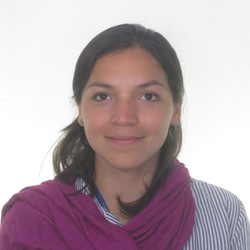
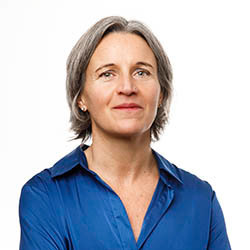
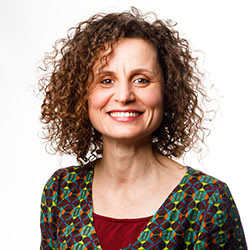
Margherita Loddoni
Environment, Climate, Gender and Social Inclusion Division, IFAD
Stories and news
Stories and news
The three types of biodiversity: explained
Genetic, species, ecosystem: learn about the three main types of biodiversity and explore the role each plays in making agriculture productive, nutritious and resilient.
Agriculture’s Indigenous trailblazers – Episode 57
On this episode, Indigenous leaders from Nepal, Mexico and Kenya weigh in on what it means to protect the planet while preserving their cultures, and fighting for the right to land, nutrition and education.
A year of rural stories
For countless people in IFAD-supported projects, 2023 was a year in which their lives changed. Here are some of the stories we told over the past 12 months.
Investing in a better future: A new day dawns, and we have reasons for hope
When climate and natural disasters strike, it’s rural people who are worst affected. Investing in their resilience ensures that they not only endure times of crisis, but emerge stronger. Associate Vice-President of Programmes Donal Brown explains how rural communities can change the world for the better.
Related videos
Indigenous Peoples View more link
Related publications
Related publications
Philippines: Country Technical Note on Indigenous Peoples’ Issues
Various sources estimate the population of indigenous peoples in the Philippines at 12-15% of the current national population of 108 million, or a total of about 16-17 million.
Indonesia: Country Technical Note on Indigenous Peoples’ Issues
Indonesia is comprised of 13.000 islands with a total area of 7 million km2. It has a total population of 273 million in more than 1.000 various ethnic and sub-ethnic groups with their own cultures and traditions.
Cambodia: Country Technical Note on Indigenous Peoples’ Issues
Indigenous Peoples of Cambodia represent 24 different groups, who reside mainly in the upland forests, plains, and mountains of the northern and north-eastern provinces.
Related documents
Related documents
Tipo: Policies and Strategies, Policy
Tipo: Policies and Strategies, Strategy
